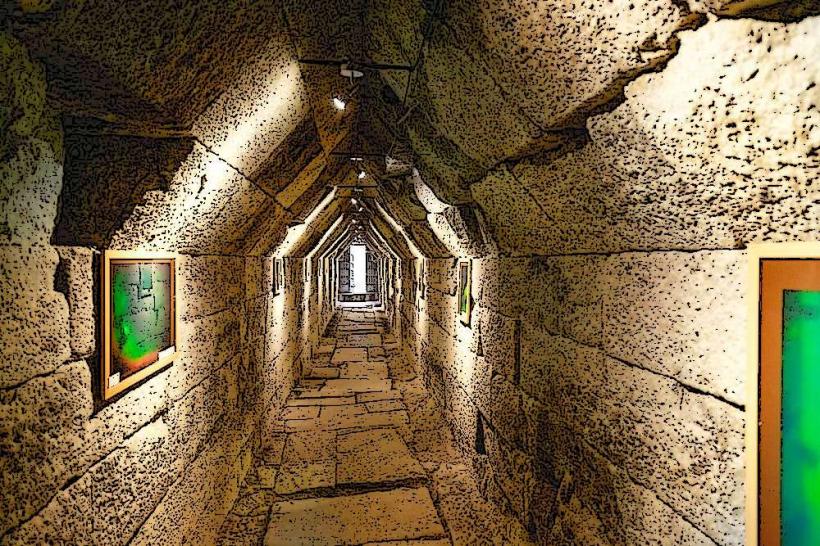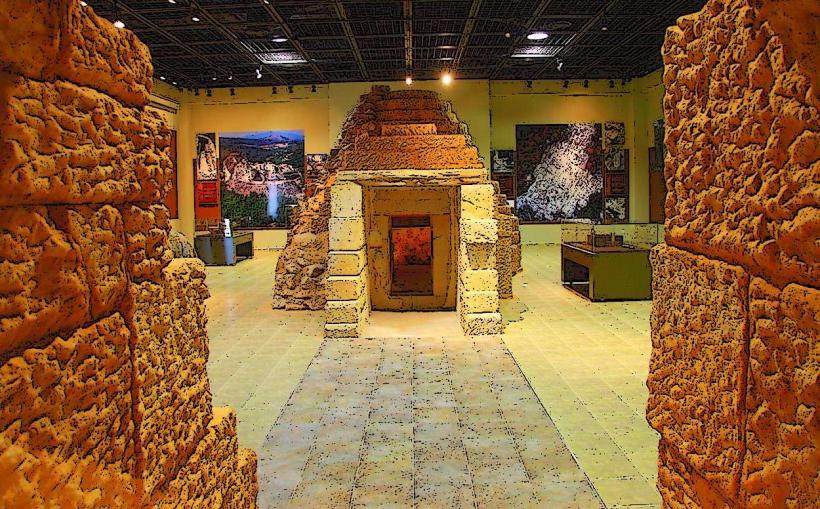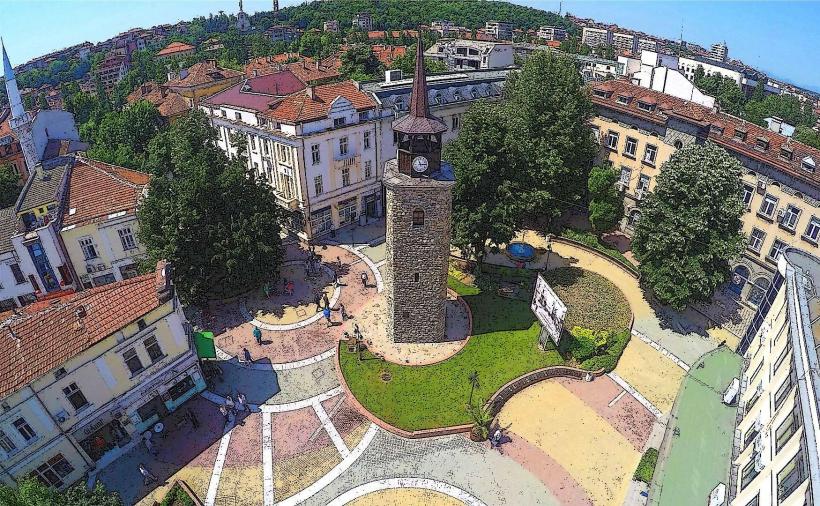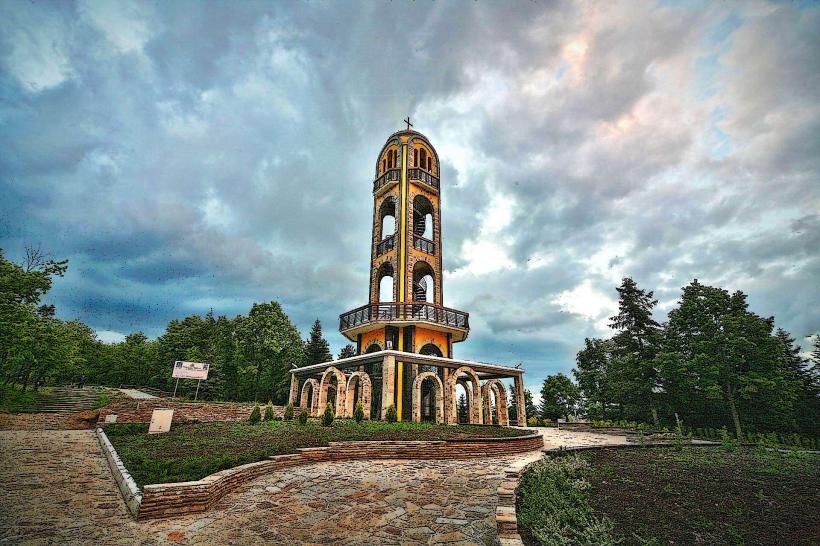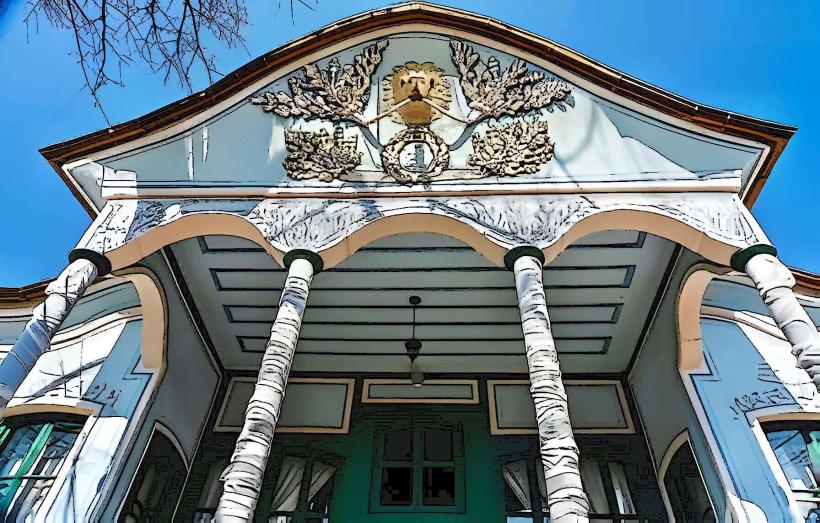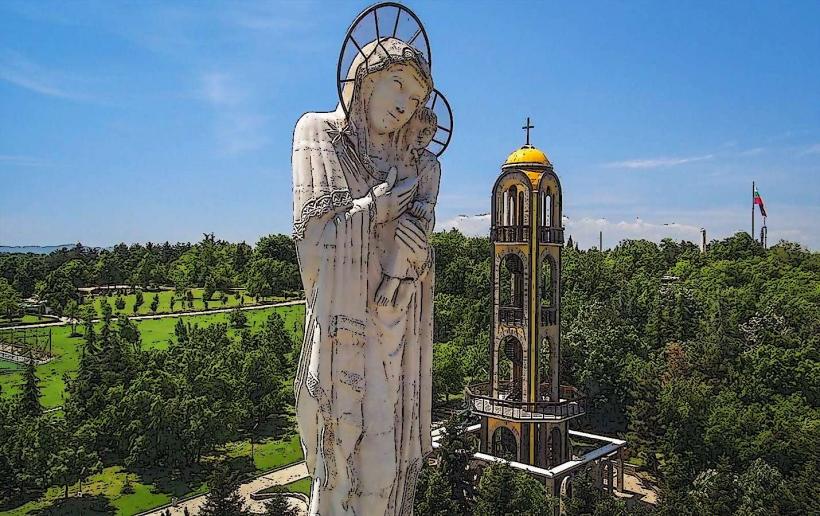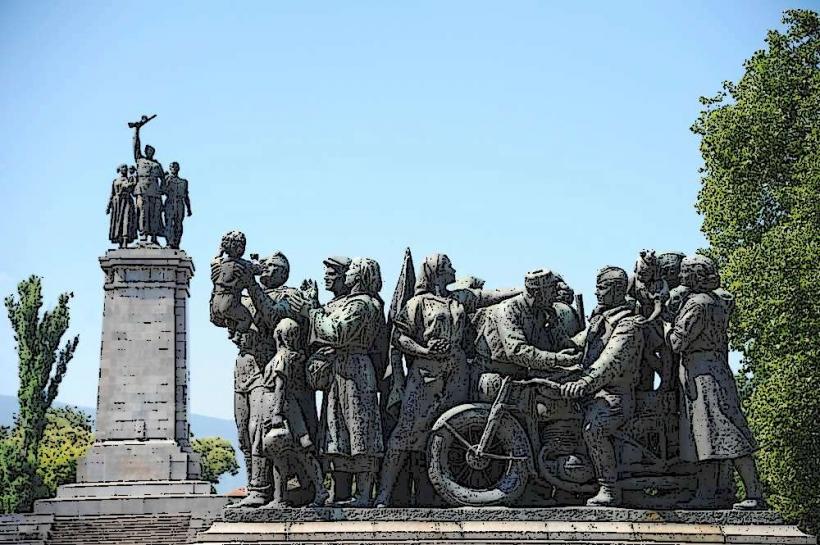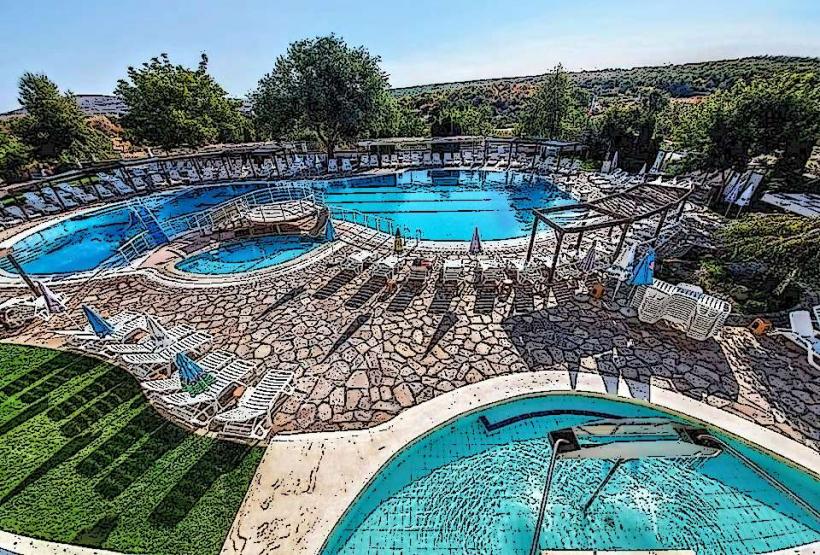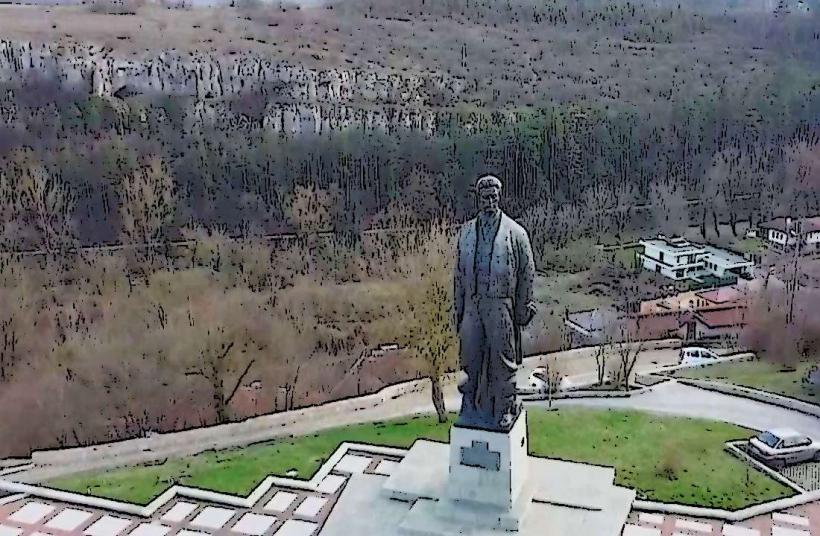Information
Landmark: Ethnographic Complex LyaskovetsCity: Haskovo
Country: Bulgaria
Continent: Europe
The Ethnographic Complex "Lyaskovets" is a fascinating open-air museum located in the town of Lyaskovets, Bulgaria, just a few kilometers from the city of Veliko Tarnovo. The complex is dedicated to preserving and showcasing the rich cultural and folk traditions of the North-Central Bulgarian region, particularly focusing on rural life from the 18th to the early 20th century.
Historical and Cultural Significance
Purpose: The Ethnographic Complex "Lyaskovets" was established to protect and promote Bulgaria's traditional folk culture, customs, architecture, and way of life. It serves as an important educational and cultural center, where visitors can immerse themselves in the history and heritage of rural Bulgaria.
Cultural Heritage: The complex highlights various aspects of Bulgarian folklore, including traditional clothing, music, craftsmanship, festivals, and rural architecture. It reflects the customs and lifestyle of the Bulgarian peasantry, offering a glimpse into the social structures, domestic life, and agricultural practices of the past.
Key Attractions and Features
Traditional Houses and Architecture:
- The complex features a collection of authentic wooden houses, farmsteads, and outbuildings that are typical of the region's rural architecture. These structures are carefully preserved and reflect the traditional Bulgarian Revival style, with steep roofs, wooden balconies, and whitewashed walls.
- The houses are furnished with period-appropriate furniture and household items, providing visitors with a sense of how people lived in the past. Each building is a representation of different aspects of Bulgarian village life, from farming households to artisan workshops.
Workshops and Crafts:
- Visitors can observe traditional craftsmanship and artisan workshops, where local craftspeople continue to create hand-made items such as pottery, woven fabrics, wooden tools, and leather goods. These crafts are essential parts of the cultural heritage of the region and were once vital to the local economy.
- There are demonstrations of traditional weaving, embroidery, and blacksmithing, giving visitors a hands-on experience of these time-honored skills.
Ethnographic Exhibitions:
- Inside the ethnographic museum at the complex, a variety of exhibits showcase traditional clothing, musical instruments, and agricultural tools used by the people of the region. These exhibits are designed to help visitors understand the daily lives of the local population, their beliefs, and their customs.
- The museum also features textiles, ceramics, and other folk art items that were produced for both practical use and decorative purposes.
Folk Music and Dance Performances:
- The complex is known for its vibrant cultural events, including folk music performances and traditional dances. These performances showcase Bulgaria's rich musical heritage, including traditional instruments such as the kaval (a flute), tambura (a stringed instrument), and gadulka (a bowed instrument).
- Visitors may also witness traditional Bulgaria dances, such as the horo, a popular group dance performed in circles.
Seasonal Festivals and Events:
- The complex hosts various cultural events and festivals throughout the year, many of which are linked to traditional Bulgarian holidays and customs. These include celebrations like Trifon Zarezan (a wine festival), Baba Marta Day (celebrating the arrival of spring), and Kukeri festivals, where participants dress in elaborate costumes to scare away evil spirits.
Agricultural Demonstrations:
- The Ethnographic Complex also showcases traditional agricultural practices, including the use of old tools and techniques for plowing, sowing, and harvesting. There are also demonstrations of how people processed local grains into flour, as well as the production of cheese and bread.
- Visitors can observe the farming traditions that have been passed down through generations, highlighting the connection between the people and the land.
Educational and Touristic Value
Learning Experience: The complex offers educational tours for schoolchildren, students, and tourists, providing an immersive learning experience about Bulgarian rural life. The guides, often dressed in traditional Bulgarian clothing, explain the history of the complex and the significance of each exhibit.
Family-friendly: The Ethnographic Complex is particularly appealing to families and visitors of all ages, as it allows children and adults to engage with history through interactive experiences, such as trying on traditional clothes, participating in crafting, or enjoying folk dance performances.
Location and Accessibility
Location: The complex is located in Lyaskovets, a town close to Veliko Tarnovo, one of Bulgaria's most famous historical and cultural cities. This makes it an excellent addition to any tour of the Veliko Tarnovo region.
Accessibility: The museum is easily accessible by car or bus from Veliko Tarnovo and other nearby towns. It is open year-round, with special events and exhibitions taking place during the summer months and on holidays.
Conclusion
The Ethnographic Complex "Lyaskovets" is an important cultural destination that showcases the rich traditions, craftsmanship, and daily life of rural Bulgaria. Through its preserved buildings, interactive exhibits, and cultural performances, it offers visitors a deeper understanding of Bulgarian heritage, making it a valuable stop for anyone interested in the country's history and folk traditions.

